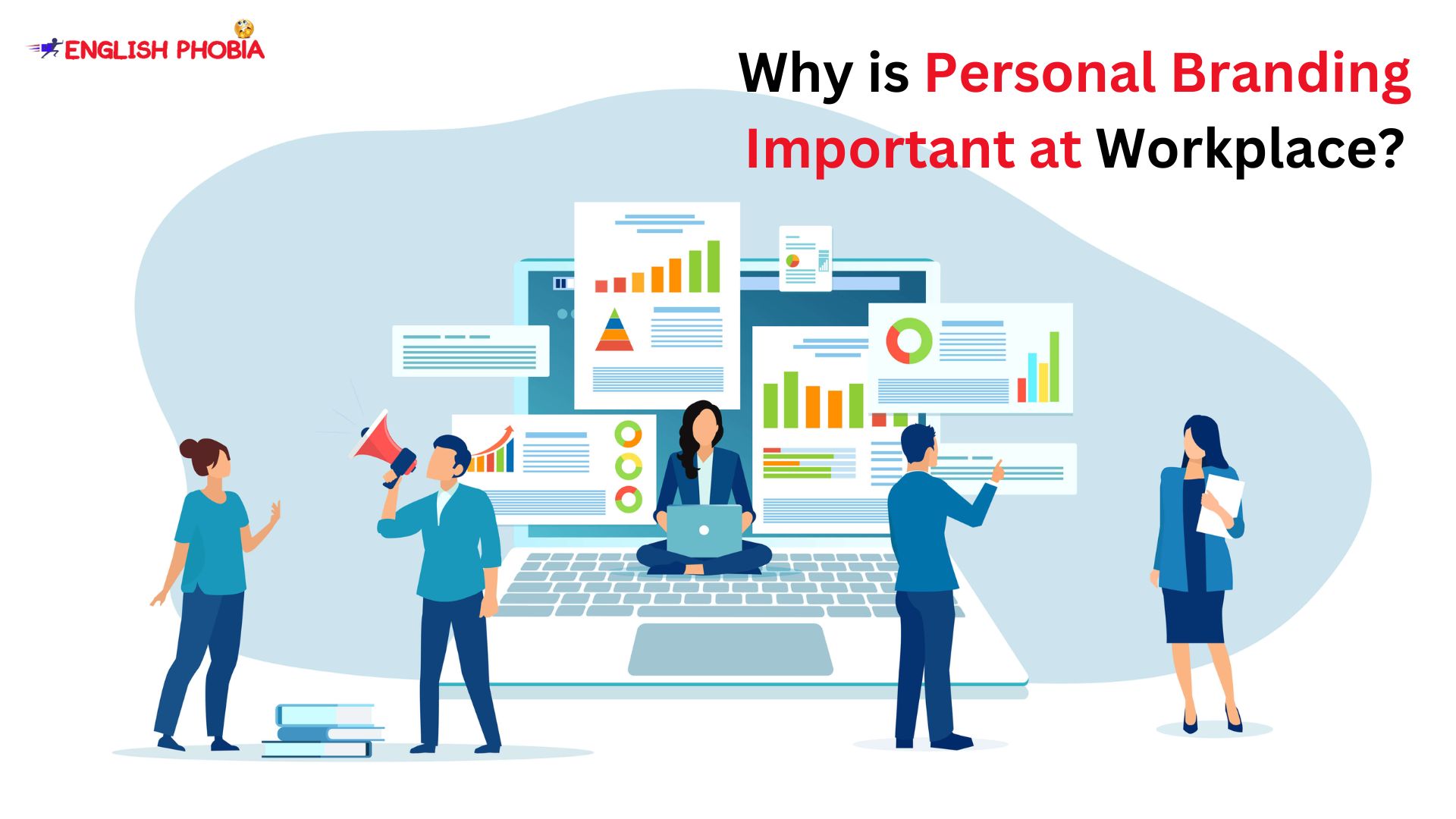Choosing a career is a big decision that can feel confusing and scary. We will talk about the important steps on how to choose a career. It must fit with what you like and what you’re good at. Whether you have finished school or want to change careers. We will start by doing exercises to learn about yourself and your values. Then, we will look at different job fields and how to find someone to guide you.
How to Choose a Career
The right career path is very important because it affects our happiness and success. When we pick a career that matches our interests and strengths, fulfilled and joyful at work. But if we choose the wrong career, feel frustrated and lose our sense of purpose. Besides, the right career can also lead to better financial stability. It allows us to develop our skills and do well in our job, which may lead to higher earnings and recognition. But a wrong career choice might limit our growth and make it harder to achieve our goals.
Self-Discovery and Assessment
Discovering more about yourself is important when you have to choose career. Assessing yourself involves looking at your strengths, interests, and values.
1) Find your interests: Think about what activities and hobbies make you happy. Your interests can help you find a career that suits you.
2) Know Your Strengths: Notice the things you’re good at. You like problem-solving, creativity, or working with others. Your strengths are important in choosing the right career.
3) Understand Your Values: Consider what’s most important to you in life. Such as helping others, making a difference, or having financial security. Your values can guide you to a meaningful career.
4) Achievements: Recall times when you felt proud of what you accomplished. This can give you clues about the types of tasks or projects you enjoy.
5) Take Online Tests: There are free online quizzes that can help you learn.
What Profession Should I Choose?
When you’re thinking about different careers. You must do research; can help you make a good choice:
1) Internet: Look online for information and knowledge. There are websites and job portals about different jobs.
2) Job Opportunities: you must have a prediction about the salary package. If there are enough job openings.
3) Talk to People: Connect with people who work in the careers you like. Ask them questions to get to know their thoughts.
4) Career Fairs: Visit events where you can meet professionals and learn.
Setting Career Goals
Setting career goals is important for planning your future work. The goals help me pick my career.
1) Know What You Want: You should have a vision. Do you want a specific job in a certain field?
2) Break it Down: Make your big goal smaller by dividing it into smaller steps.
3) Set Times: Decide when you want to reach each step, give yourself enough time.
4) Make SMART Goals: Be clear and specific with your goals. Make sure you can measure your progress and that they are possible to achieve.
Work-Life Balance
Having a balanced life has many advantages. First, it helps reduce stress and prevent getting too tired from work. When you relax, you feel better and do better at your job. Second, it lets you have more quality time with loved ones and makes you happier.
To achieve work-life balance. You must have limits and what is important for you. It also includes saying no to extra work when you have too much. Additionally, setting aside time for fun and self-care is important. Employers can help by offering flexible work options. They can also support a healthy work environment. Therefore, it must be clear in your mind what career should I choose to have a balanced work life.
Education and Skill Development
Education and skill development are important for personal and job growth. They help you know how to decide on a career. Here’s an easy guide to understand why they matter:
1) Education Matters: Going to school helps you learn about many things. It gives you the knowledge and prepares you for different jobs.
2) Keep Learning: Learning doesn’t stop in school. You can continue learning through workshops, courses, and reading.
3) Find what you like: Explore topics that interest you and relate to the job you want.
4) Skills: It’s good to learn practical skills for work. You can learn English and problem-solving techniques.
5) Get Experience: Try doing internships or volunteering. It helps you gain experience and learn more.
During your career, you might face challenges like rejections or struggles. Remember, these challenges can help you grow and learn. Stay positive and strong when things get tough. Ask for help from mentors, friends, or career counselors to know how to choose a career wisely. You must have a positive mindset and support. You can overcome obstacles and keep moving forward in your career.











